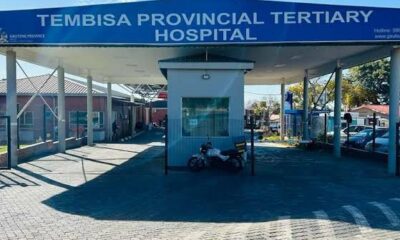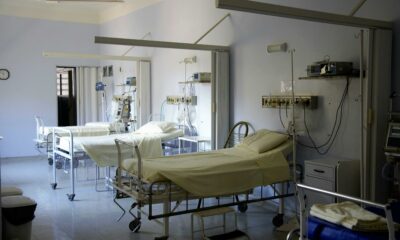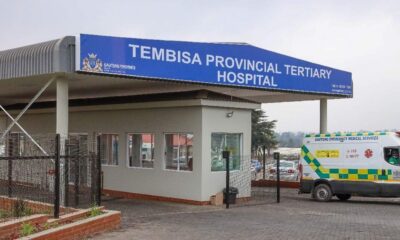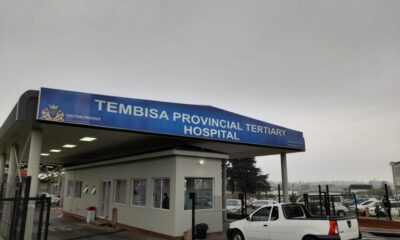News
Gauteng Health Department under fire: Auditor General flags deep financial mismanagement
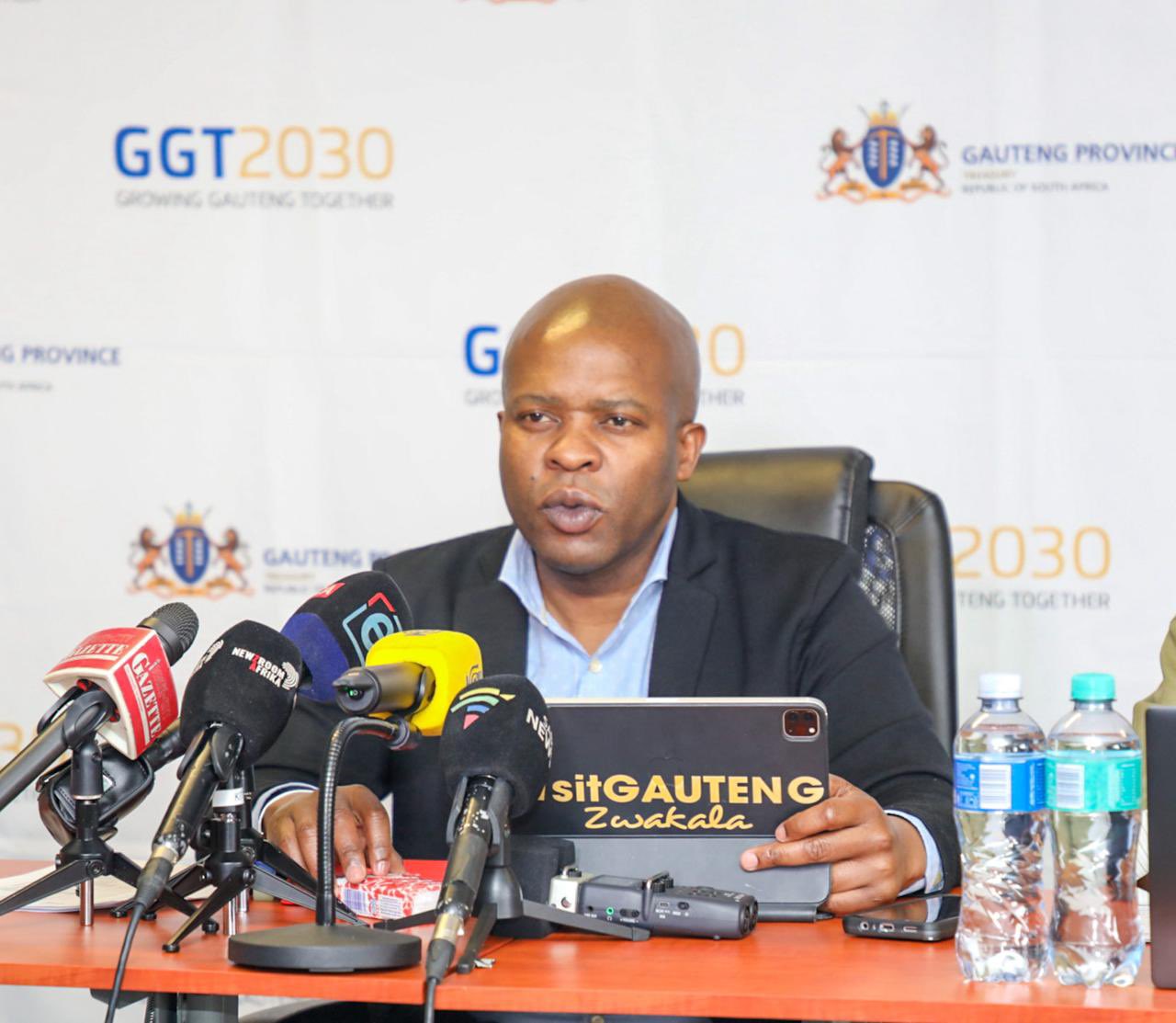
The Gauteng Department of Health is once again in the spotlight for all the wrong reasons. The latest report from the Auditor General of South Africa (AGSA) has revealed troubling levels of non-compliance, making it the only provincial department flagged across all audit areas. At the heart of the problem? A lack of effective internal controls and persistent mismanagement.
A department drowning in irregular expenditure
Treasury MEC Lebogang Maile didn’t mince his words when briefing the media. He confirmed that irregular expenditure is climbing, largely due to poor supply chain management and weak enforcement of recommendations from previous investigations.
The numbers are staggering. Last year, the department notched up R2.7 billion in irregular spendingR400 million more than the year before. Wasteful expenditure stood at R17 million, while underspending also crippled service delivery. In one glaring example, a National Treasury grant meant for specialised medical equipment simply went unused.
Despite this track record, the department’s budget has grown from R64.8 billion to R67 billion for the current financial year, sparking questions about how responsibly these funds are being managed.
Mounting debt and a system under strain
The department is sitting with accruals of just over R8 billion at the close of the last financial yeardebt that now eats into 12% of its 2025/26 budget. Meanwhile, its payment performance is worsening: only 38% of invoices are paid within 30 days, a drop that has alarmed the Gauteng Finance Portfolio Committee.
This is happening in a system that provides healthcare to 1.2 million patients each month. For ordinary citizens, the fallout is already visible: delayed payments mean suppliers hold back stock, clinics run short of essentials, and equipment upgrades are stalled.
Leadership under pressure
The Democratic Alliance has wasted no time in calling for the dismissal of Health MEC Nomantu Nkomo-Ralehoko and head of department Lesiba Malotana, accusing them of presiding over a “failing department plagued by scandals.”
Adding to the chaos, the department still does not have a Chief Financial Officera critical position for stabilising finances. Without strong leadership in this role, accountability gaps are likely to persist.
“It’s not like nothing is happening”
MEC Maile insists the situation is not as dire as critics claim. He stresses that while challenges are “huge,” progress is being made, pointing out that the department managed to avoid a qualified audit outcome. He also confirmed that Treasury will hold a workshop with the Health Department and look to the private sector for solutions.
“It’s not like nothing is happening, something is happening,” Maile told reporters. “Maybe not as fast as we could, but the challenges are huge. We service 1.2 million people every month. So it’s not a small matter.”
The bigger picture: a system at breaking point
This is not the first time Gauteng Health has been accused of mismanagement. The department has a long history of poor audit outcomes, late supplier payments, and ballooning debt. From the Life Esidimeni tragedy to repeated overspending scandals, the story of Gauteng Health has become a cycle of crisis management.
For many South Africans, the AG’s findings feel less like an isolated financial report and more like confirmation of a system that has been left to deteriorate. On social media, frustration is palpable, with patients and healthcare workers lamenting how budget failures directly translate into shortages of staff, medicine, and functioning equipment.
A turning point or more of the same?
The big question is whether the latest audit report will spark meaningful reform or whether Gauteng Health will simply continue to limp from one scandal to the next.
With billions in irregular expenditure, ballooning debt, and weak internal controls, the department cannot afford business as usual. Its patients certainly cannot. For now, officials promise improvement in the next audit cycle. But without decisive leadership and real accountability, many fear the province’s healthcare system will remain stuck in the ICU.
{Source: Newsday}
Follow Joburg ETC on Facebook, Twitter , TikTok and Instagram
For more News in Johannesburg, visit joburgetc.com





